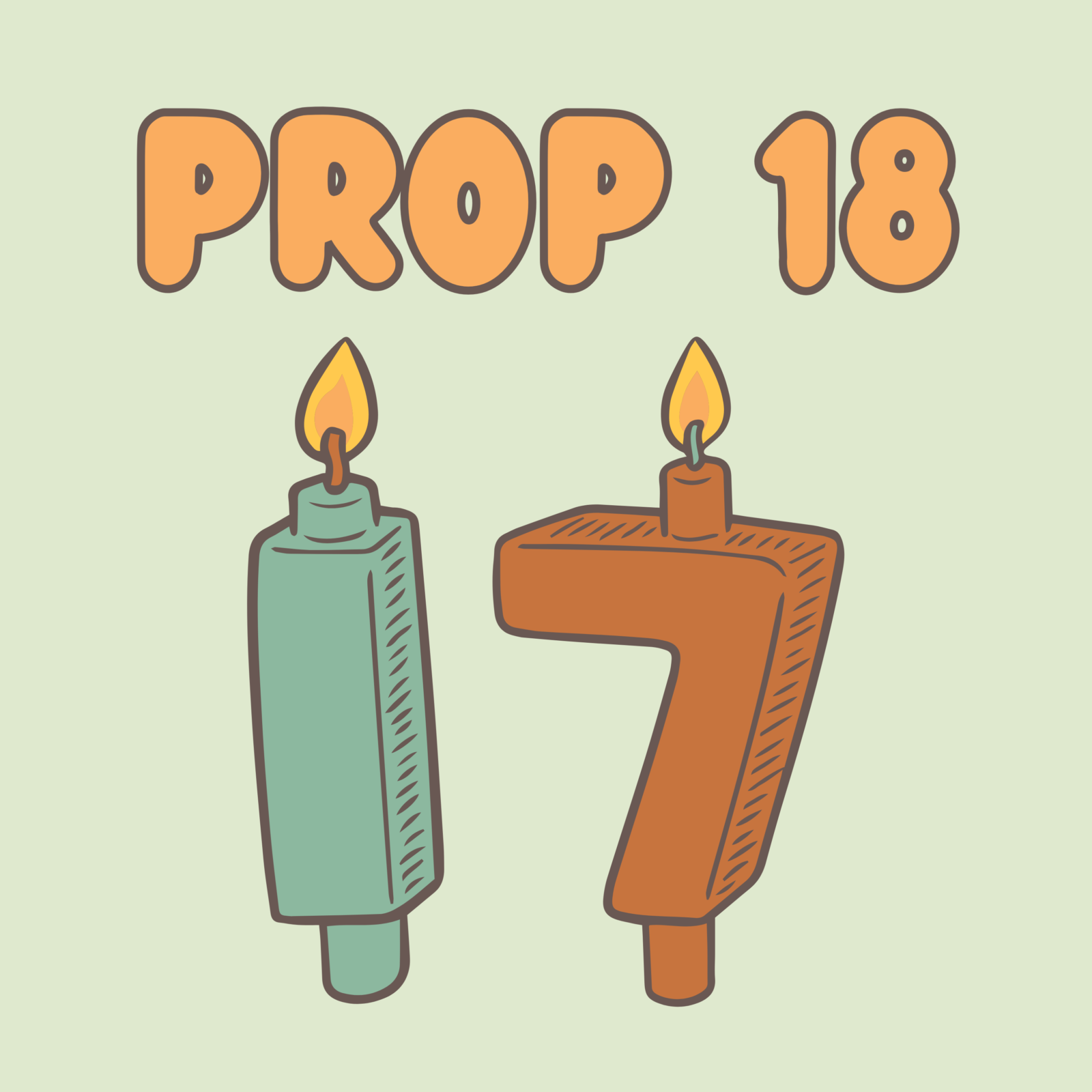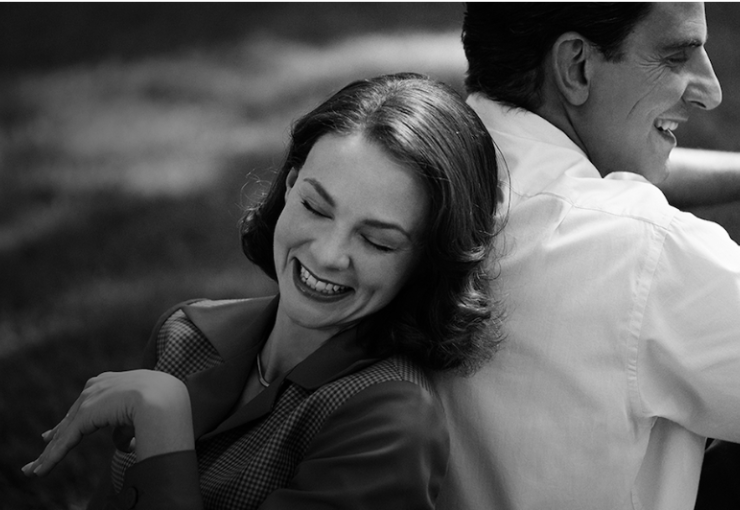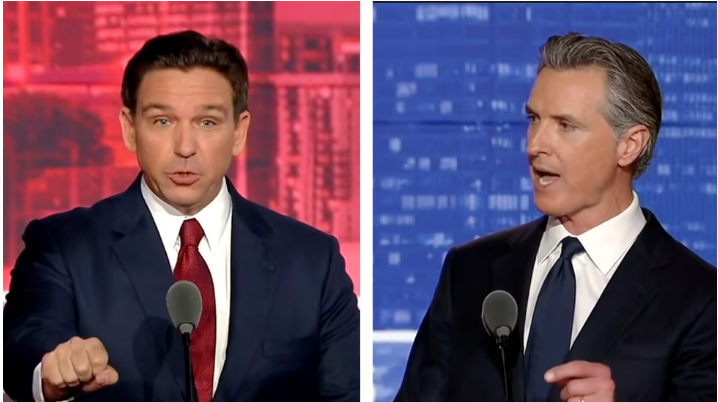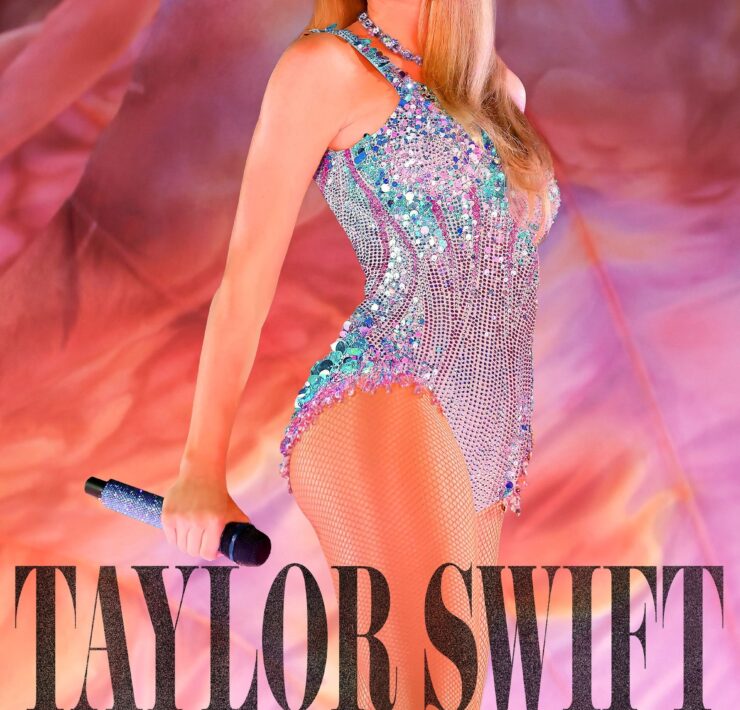Opinion: No to Proposition 18

If passed, California Proposition 18 would have allowed 17-year-olds who will be 18 and otherwise eligible to vote by election day to vote in election primaries. The reasoning behind this proposition is obvious: if a teen will be able to vote in the presidential election, shouldn’t he or she also be allowed to vote for their preferred candidate in the primaries? Although this argument sounds reasonable at face-value, it fails to consider that people’s opinions, especially those of teenagers, are never fully developed and constantly change as the person matures. In my experience, just a few months can make an uncountable difference in a teen’s maturity. I argue that any age under 18 is too low to form a consistent, educated political opinion.
The vast majority of teenage minds are in a constant stage of development and our opinions endlessly remodel as we test different ideas, find ourselves, and form our political ideologies. My party alliances and political opinions have fluctuated so much over these past few months that I could never imagine 17-year-old me forming a coherent ideology that I would commit to for at least a year. The one other politically-interested friend I had also underwent considerable political change and we both agreed to call our 6-months-younger selves “ignorant and stupid.” While this is just my personal experience, I do not consider myself to be too different from any other politically-active high-schooler and would assume many others also experienced similar rapid growth.
It’s true that there are a handful of seventeen year olds whom I consider to be capable of voting and more mature than the average adult. As such, some may argue that we could just let these students vote. But even if we somehow did let only these students vote, the filtering process would be extremely difficult and bound to be downright discriminatory. Additionally, even if a teenager is emotionally mature, he or she does not have enough life experience to be considered an adult and may further develop their own opinions as they enter adulthood. And we’re talking about responsible, politically-active teens here. What about the average, non-active high schooler? A teen without an established sense of moral and political values can be easily manipulated by shallow political ads and social media phenomenon. This would result in thousands of potentially uninformed or even misinformed voters who “did it for the meme” determining the fate of not only America, but the entire globe. The vast majority of seventeen-year-olds have neither the maturity nor the intent to vote, but predatory political organizations could exploit the impressionability of younger voters and win the primaries of their party by misinforming teens who otherwise wouldn’t have voted. Democracy depends on citizens with active interest in their communities making intelligent votes, and letting younger, less mature denizens vote would destabilize this social contract.
Nicole was the former Editor-in-Chief of The Talon. In her free time, she takes care of her two pet turtles. If you have any book recommendations, let her know.






